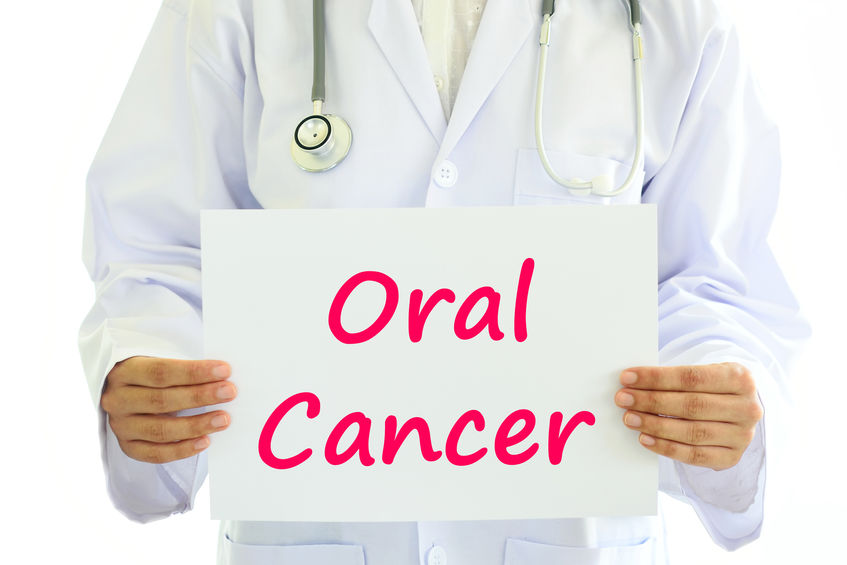Oral Cancer – Diagnosis & Treatment
If you’ve been told that there is a chance that you could have oral cancer, then a diagnosis should be done by your doctor. Learn about the diagnosis and treatment for oral cancer so that when and if you have to go for treatment, there won’t be any surprises.
When your doctor does a diagnosis, they’ll not only do a physical exam but they might even do a biopsy if necessary. During the physical exam, your doctor will examine your mouth by checking your lips and insides of your mouth to look for any signs of irritation or sores. A biopsy will need to be done with your doctor notices something during the physical exam. This is when they’ll need to remove a small amount of tissue so they can get it examined in a lab.
Getting treated for oral cancer will depend on certain factors such as the location in which the cancer cells are found as well as what stage of cancer you have. Another factor that determines your treatment plan, depends on your overall health and what works best for you on a personal level. Depending on all the factors mentioned above, your doctor will then discuss with you the best option of treatment for you such as surgery or radiation
There are a few things that surgery for your mouth might include depending on where your cancer is and has spread. Surgery can be done to remove a tumor or remove cancer that has spread to other parts of the mouth or even the neck. If after surgery your mouth has been altered, then your doctor might recommend surgery in order to reconstruct the affected areas of your mouth.
Surgery is always one way to remove cancer cells, however, not everyone might be able to go for surgery and that’s when therapy comes into play. There are various types of therapy that are available, but just as with surgery, the type of therapy your doctor suggests will depend on the type of cancer as well as where the cancer cells are located. Your doctor could suggest any of these forms of therapy; radiation therapy, chemotherapy, targeted drug therapy or immunotherapy. (Please be on the lookout for a new blog that goes into detail about the four types of therapy for treating oral cancer.
Should you have any questions or concerns regarding the diagnosis and treatment of oral cancer, please speak with your dentist or doctor so they may assist you.

